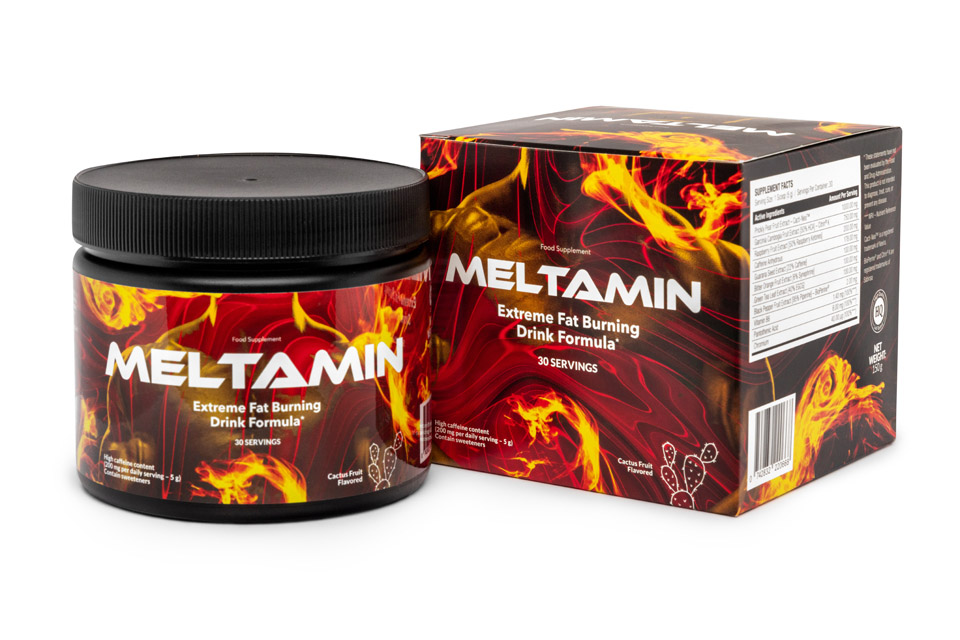Experiencing rapid weight loss while noticing unexpected hair loss can be alarming. Many individuals pursuing healthier lifestyles or dieting for quick results fail to realize that sudden changes in body weight can trigger significant shifts in hormones, nutritional levels, and metabolism—all of which directly impact hair growth cycles. Below, we reveal the scientifically backed reasons behind this connection and what can be done to restore balance.
Why Weight Loss Triggers Hair Loss: The Hidden Biological Connection
When the body experiences sudden calorie restrictions or intense workout regimens, it shifts into a stress-response mode. This mechanism is designed to preserve energy for vital organs, often redirecting resources away from “nonessential” systems—hair growth being one of the first affected.
The condition known as telogen effluvium is the most common cause of hair shedding linked to weight loss. In this state, a large number of hair follicles abruptly enter the “resting phase,” leading to excessive shedding months after the triggering event.
The root causes typically include:
-
Extreme calorie deficit
-
Rapid weight loss programs
-
High-intensity exercise stress
-
Nutrient deficiencies
-
Hormonal imbalances
Nutrient Deficiencies: The Silent Reason Behind Weight-Loss-Induced Hair Thinning
1. Iron Deficiency – A Key Trigger
Iron is essential for red blood cell production and oxygen transportation. When dieting reduces iron-rich foods, the body prioritizes vital organs, causing hair follicles to weaken. Low ferritin levels are strongly linked with hair loss, particularly in women.
2. Protein Deficiency – The Building Block You Can’t Skip
Hair strands are made of keratin, a protein. Diets too low in protein force the body to use existing protein stores for survival, resulting in slow, thin, or brittle hair growth.
3. Vitamin D and B-Complex Shortages
Both vitamin D and B vitamins (especially biotin, B12, and niacin) support healthy hair follicle function and cell turnover. A lack of these nutrients drastically shortens the hair growth cycle.
4. Zinc and Selenium – Essential Hair Minerals
Crash diets often eliminate minerals needed for DNA synthesis, cell repair, and follicle maintenance. A deficiency can disrupt scalp health and lead to significant shedding.
Hormonal Imbalances Caused by Weight Loss
Extreme dieting and stress-induced fluctuations in hormones such as cortisol, estrogen, and thyroid hormones play a crucial role in the hair cycle. When these hormones become imbalanced:
-
Hair follicles shrink
-
Growth slows or stops
-
Excess shedding begins
For those with existing thyroid conditions, rapid weight changes can worsen symptoms, leading to more noticeable hair loss.
Stress and Weight Loss: The Dangerous Duo Behind Sudden Hair Fall
Both emotional stress and physical stress from intense calorie deficits trigger the release of cortisol. High cortisol levels disrupt the natural hair cycle, accelerate shedding, and weaken follicle structure.
Common stressors associated with weight loss include:
-
Strict eating schedules
-
Anxiety around body image goals
-
Overtraining in the gym
-
Sleep deprivation due to metabolic changes
Crash Dieting vs. Healthy Weight Loss: Why the Method Matters
Crash diets promising “10 pounds in one week” or very low-calorie meal plans put your body under nutritional shock. They deprive follicles of the energy needed for consistent growth.
Healthy weight loss, on the other hand, ensures the body receives:
-
Adequate protein
-
Quality carbohydrates
-
Healthy fats
-
Micronutrients needed for hair health
Doing so allows hair follicles to remain stable, preventing them from prematurely entering the shedding phase.
Common Diets Linked to Hair Loss
1. Keto Diet
Low-carb and high-fat eating patterns often result in biotin depletion, contributing to hair thinning.
2. Intermittent Fasting
Prolonged fasting windows may reduce calorie and nutrient intake below recommended levels.
3. Vegan or Plant-Based Diets
While healthy, when poorly planned they may lack essential B vitamins, iron, and zinc—all crucial for hair production.
4. Detox or Liquid Diets
These lack protein and vital nutrients entirely, making them one of the fastest triggers for telogen effluvium.
How Long Does Weight-Loss-Related Hair Loss Last?
Hair loss caused by weight change is typically temporary. Shedding usually begins 2–4 months after rapid weight loss and can continue for 3–6 months. Once the underlying issue is corrected, hair regrowth may take 6–12 months.
How to Stop Hair Loss While Losing Weight Safely
1. Increase Protein Intake
Aim for 0.8–1.2 grams of protein per kilogram of body weight daily to support keratin formation.
2. Take a Complete Hair Growth Supplement
Consider supplements containing:
-
Biotin
-
Zinc
-
Iron
-
Vitamin D
-
Omega-3 fatty acids
Always check with a healthcare provider before beginning supplements.
3. Avoid Extreme Calorie Cuts
Maintain a moderate calorie deficit of 300–500 calories per day for sustainable weight loss and hair preservation.
4. Add Healthy Fats
Omega-rich foods—such as salmon, chia seeds, avocados, and olive oil—support scalp hydration and follicle strength.
5. Reduce Stress Hormones
Prioritize:
-
Sleep
-
Mindfulness
-
Proper hydration
-
Balanced workout routines
6. Monitor Thyroid and Hormone Levels
If shedding persists for more than 6 months, testing your thyroid, ferritin, and B12 levels can help pinpoint hidden causes.
When to Seek Professional Help
Consult a healthcare or dermatology professional if:
-
Hair loss is severe or patchy
-
Weight loss was sudden or unintentional
-
You experience fatigue, dizziness, or hormonal symptoms
Early intervention ensures both optimal health and faster hair recovery.
Final Thoughts
Hair loss during weight loss is incredibly common, but avoidable. By maintaining proper nutrient intake, balancing hormones, and avoiding extreme dieting, it is possible to achieve healthy weight goals without sacrificing hair health. Proper awareness, early correction, and targeted nutrition can help restore hair vitality and prevent long-term damage.






